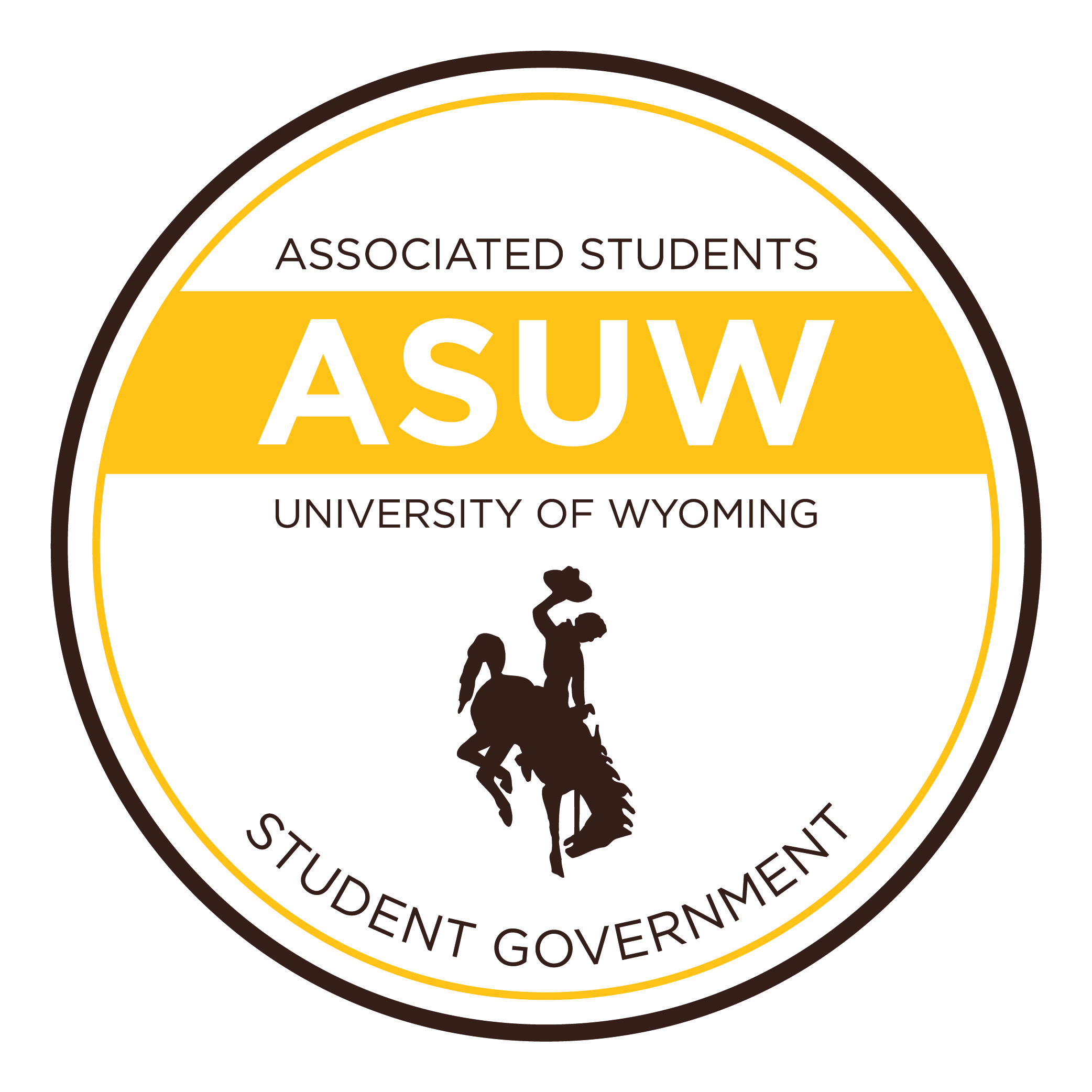Alexx Sanchez
asanch6@uwyo.edu
New regulations for hydraulic fracking implemented by the U.S. Bureau of Land Management have been blocked by a U.S. District Judge from Wyoming.
According to the case file, a preliminary injunction was ordered last year by U.S. District Judge Scott W. Skavdahl. It was ordered after the BLM issued its final version of its regulations applying to hydraulic fracturing on federal and Native American lands. The regulations would focus on three aspects related to fracking including, wellbore construction, chemical disclosures and water management.
The court case states in order for the petitioners to obtain a preliminary injunction, they must show “a likelihood of success on the merits, that they will likely suffer irreparable harm, that the balance of equities tips in their favor and that the injunction is in the public interest.”
In this particular case, the petitioners are the states of Wyoming, Colorado, North Dakota and Utah, along with the Ute Indian Tribe.
The petitioners contended that the fracking regulations issued by the BLM are not in accordance with law and is not within the BLM’s statutory jurisdiction and authority. The Ute Indian Tribe also contended the regulations contradicts the Federal trust obligation to Indian tribes.
After the BLM’s regulations were blocked, Sierra Club Executive Director Michael Brune issued a press release in response.
“While these regulations didn’t go far enough to protect public health, they were a first and necessary step in reining in the dirty and dangerous oil and gas industry and would begin to hold them accountable for the pollution they cause,” Brune said.
The Sierra Club believes that fracking needs more regulation rather than less. Brune also said public lands belong to all Americans. Public lands should be managed under strong national standards to protect our water, land and wildlife, not just to benefit oil and gas companies.
“However, if we are serious about fighting climate change, the best policy is to stop all new fracking, drilling and mining on our public lands and keep fossils fuels in the ground,” Brune said.
The Sierra Club was just one of the many environmental groups acting as respondents to the case. A few others listed in the case file are Earthworks, Western Resource Advocates and the Wilderness Society.
In an attempt to support the states’ position on the case, the Petroleum Association of Wyoming tried to file a friend of the court brief, but was denied.
John Robitaille, vice president of the Petroleum Association of Wyoming, said, “The Federal judge that reviewed it determined that through the parties that were already involved, we didn’t have a lot more to provide in terms of information or legal analysis so they denied our request.”
Robitaille said PAW believes the case should be a state issue rather than a federal rule that comes from Washington D.C.
“Our belief is that people that are in the state that have written the Wyoming specific rule are much more understanding of what happens in Wyoming and can write a better rule as opposed to someone in Washington D.C. that is trying to make a rule for the entire nation,” Robitaille said.
Skavdahl and the BLM are currently unable to comment about the case since it is still on-going and a final decision about the new fracking regulations is yet to be made.



